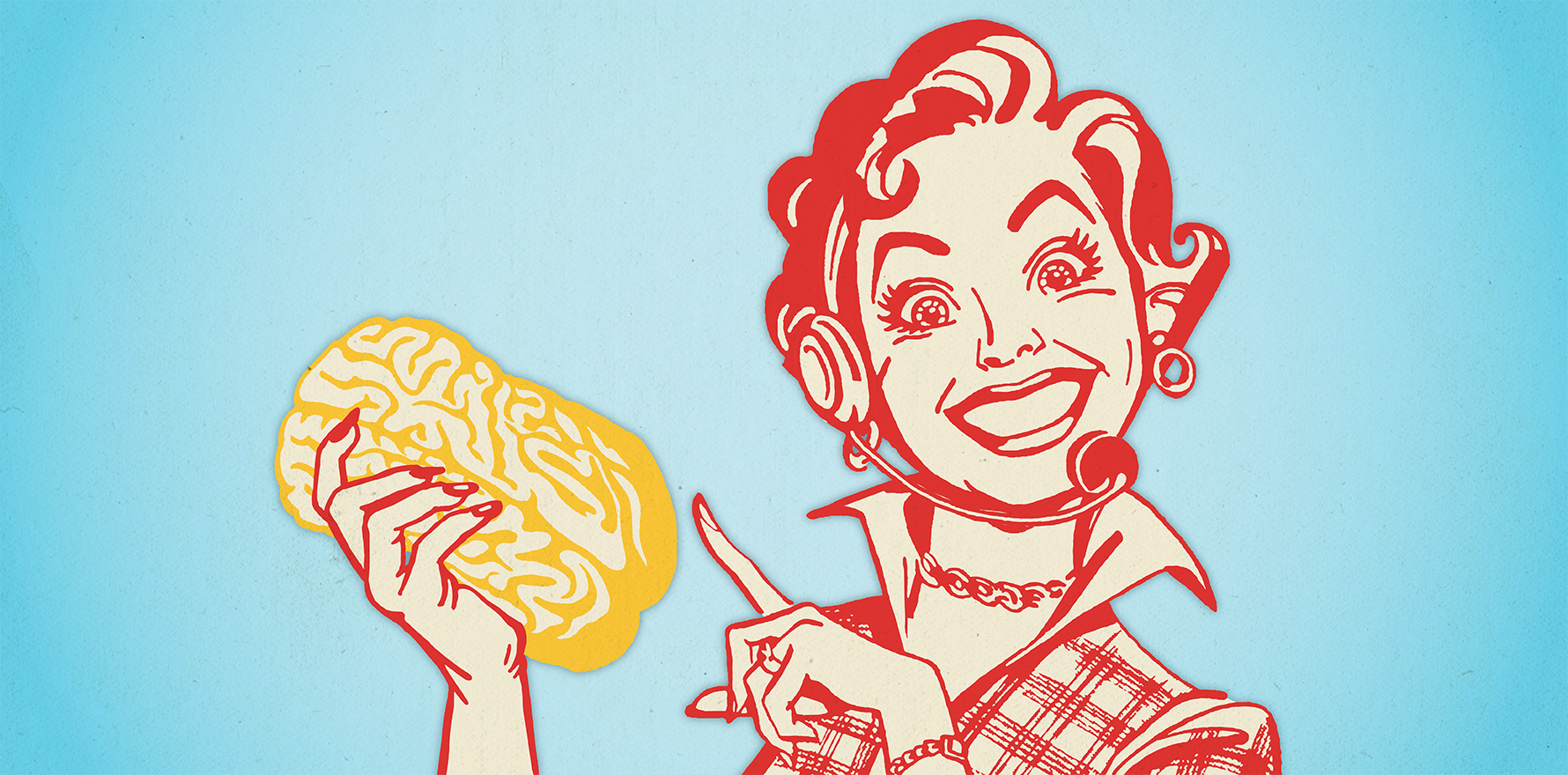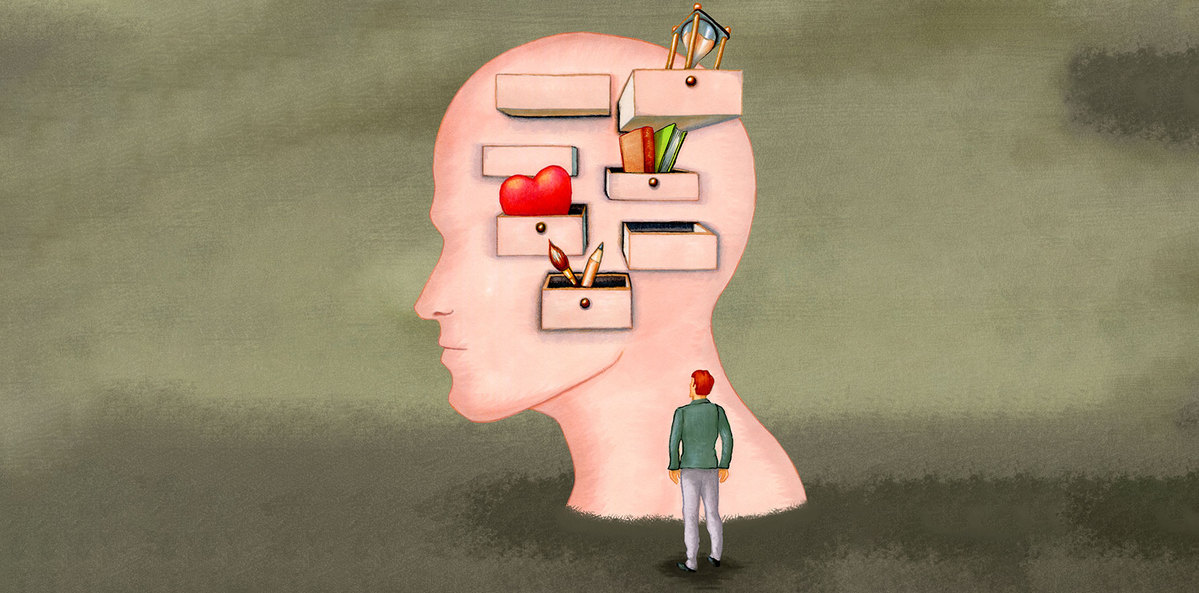When you’re soaking up family distress day after day, you need an outlet.
“Oh my god, I’m ShamWowing all your stress and there’s nobody here to wring me out.” – Ben Wyatt, Parks and Recreation
The life of a junior consultant in community paediatrics clinic is not far removed from the Leslie Knope campaign for city council.
It’s chaos: your team falls over all the time because some kid left a bunch of Hot Wheels cars on the clinic room floor, nobody has time, you feel like everything is on fire and you’re an hour behind schedule (because one of the adolescents has actually set something on fire at school). Parents are crying in half the sessions because we just told them that their child has autism, parents are crying in the other half because their child doesn’t have autism and now the NDIS won’t fund their much-needed therapies, and somehow it’s not even midday, and lunch is a potato cake the lovely occupational therapist and speech pathologist bought for you, scarfed over the pantry sink.
To hold one’s emotions, and everyone (the child in front of you, their families, trainees, team members) else’s rapid-cycling emotions is an exhausting exercise to be repeated every session, and it gets harder and harder as the day progresses to smile at your next patient and pretend the last kid didn’t disclose something that’s now triggered a child protection notification.
Like a lot of doctors, I often feel the need to carry the weight of medical responsibility for complex social difficulties faced by patients and their families, although often there are very few medical interventions that would be at all useful. Social disadvantage begets social stresses that begets social disadvantage, and on and on it goes.
I don’t have a magic pill to fix any of these challenges, so I sit in these rooms, and listen, and empathise, and mop up all the anger, resentment, sadness, disappointment prescribed to the families by our unequal society. I then prescribe psychological interventions for the families, knowing full well that the socioeconomic disadvantage that generated this issue to begin with will continue to ensure that they will not be able to access these interventions. And then the clinic ends. I hope the families feel better having shared their struggles with impotent little me. And I am left trying to wring the mopped-up mess of clinic emotions out from my mind.
For a long while, on Monday nights after a eight-hour day of general paediatrics clinics (above is the summary of a typical day), I tended to find myself binge-drinking Machi Machi and doing breathing exercises alone in my car to cope with the rigours of clinics.
A true reflection of poor help-seeking behaviours on my part.
Fortunately, I’m blessed to be surrounded by a circle of newly-fellowed consultant friends, at various stages of high caloric intake themselves. We started off with small dinners here and there after the mop bucket had overflowed with raging suds, initiated by whoever was most in need.
These days, we have booked-in weekly dinners/complaining sessions fuelled by cups of bubble-less tea where our little circle bemoan the state of public healthcare, the fall of family capacities with the suspiciously synchronous rise in the “cost of daring to be alive” and food prices. Just some light conversation after a harrowing day of seeing these exact issues presented in real-life little people, as behavioural issues, familial relational difficulties, anxiety and intergenerational trauma, playing out live in the clinic room.
I was raised a sceptic about talking about one’s difficulties. You certainly wouldn’t want to be branded the serial complainer back in the tropics where I grew up (“Don’t bring your overseas thinking back here”). That has strong connotations of constitutional weakness, lack of gratitude and being an all-round bad team player.
I remember feeling like a dark cloud of misery every Monday, poisoning the wholesome, joyful lives of everyone around me. So I arrived at the first dinner very hesitantly, not keen to dump my patients and their families’ trauma and instability over my friendship circle.
Scepticism and suspicion for their good intent soon gave way, as I found myself part of a lovely shared community finding a space to vent our shared frustrations with The System. Turned out we all have been struggling to unravel this complex greater world of medicine, sitting in the murky waters in between the higher-up cognition of idealistic healthcare provision and the cold, hard truths of underfunded departments and lack of resources, with the flow-on effect of families and patients being left behind.
Related
Is there much chance that we as a group could find a fix to a longstanding history of inequity that hates marginalised people and continue to focus on the rich/louder voices? The likelihood is extremely low, but it’s good to know we all feel equally disempowered and irate with it all. For the longest time, we had each been sitting in our own cars, binge-drinking Machi Machi and trying to wring out our own mental ShamWows, but now we have a System of our own, in which we do for ourselves that which we offer to patients when there is nothing fixable about the mess.
We’ll listen, empathise, drink lower-calorie teas and wring out the absorbed stresses of the job together. And hope none of us begets unplanned triplets.
Dr York Xiong Leong is a general paediatrician in Eastern Health, Melbourne, working in public inpatient and community paediatric services, and a medical educator with Monash and Deakin universities. One of the best compliments he has ever received is “Babe you barely live on this planet”.





